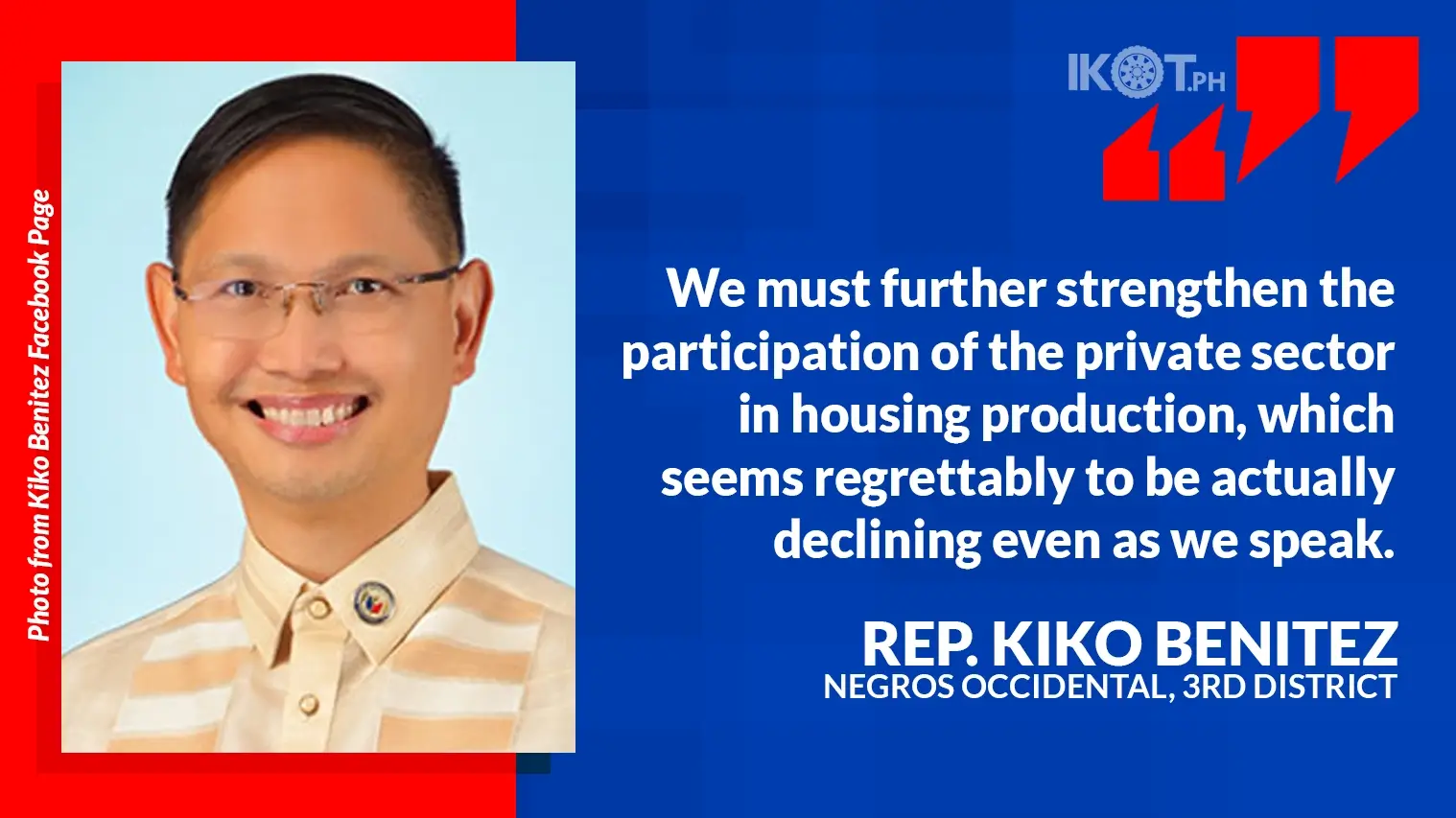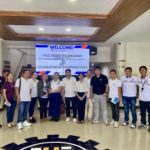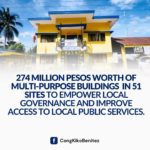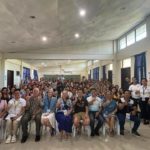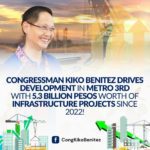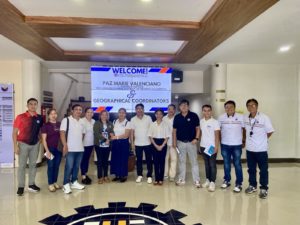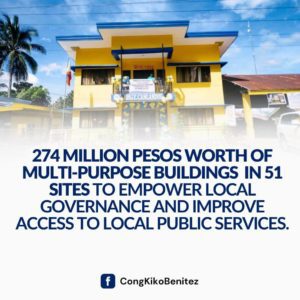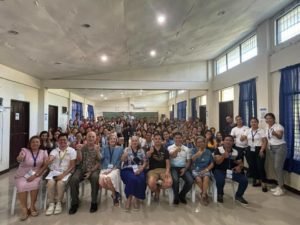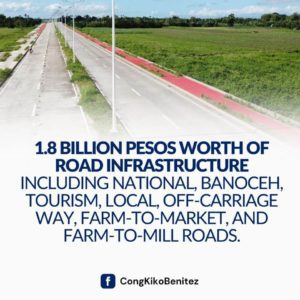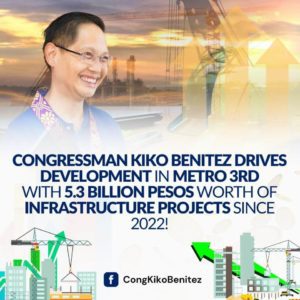CONGRESS RESEARCH PRESENTS STUDIES ON PH LABOR, INTER-ISLAND CONNECTIVITY, SCORECARDS ON LIVABLE COMMUNITIES
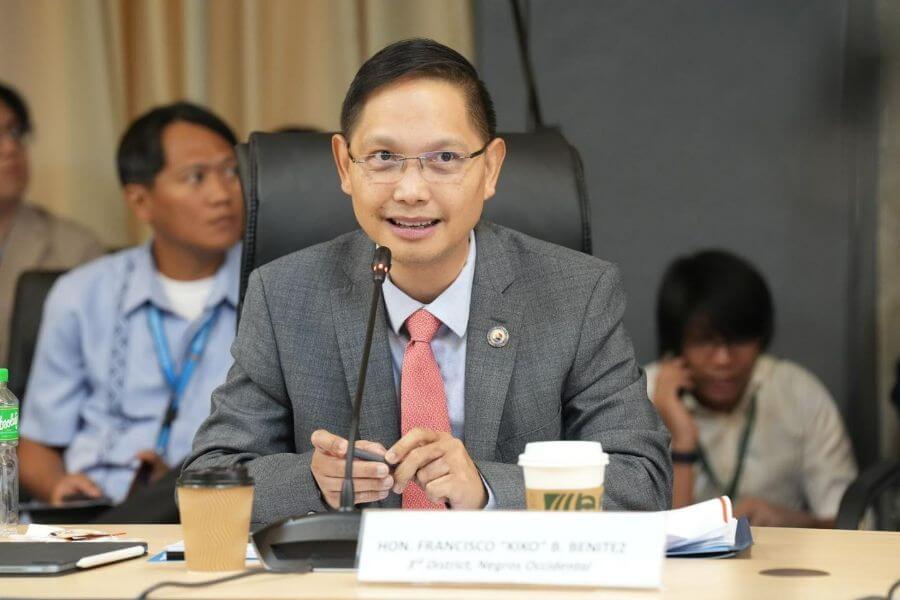
Productive day at Congress! Our fifth roundtable discussion, we talked about how RO-RO infrastructure can help the economy and make more jobs available. We also touched on enhancing the national employment plan and addressing environmental sustainability challenges.
Photo Credits: House of Representatives

CONGRESS RESEARCH PRESENTS STUDIES ON PH LABOR, INTER-ISLAND CONNECTIVITY, SCORECARDS ON LIVABLE COMMUNITIES
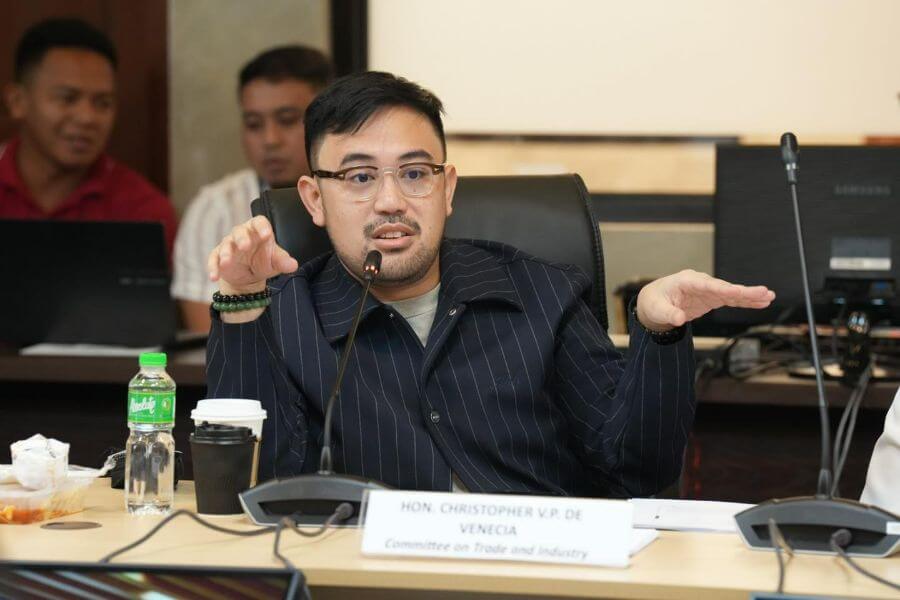
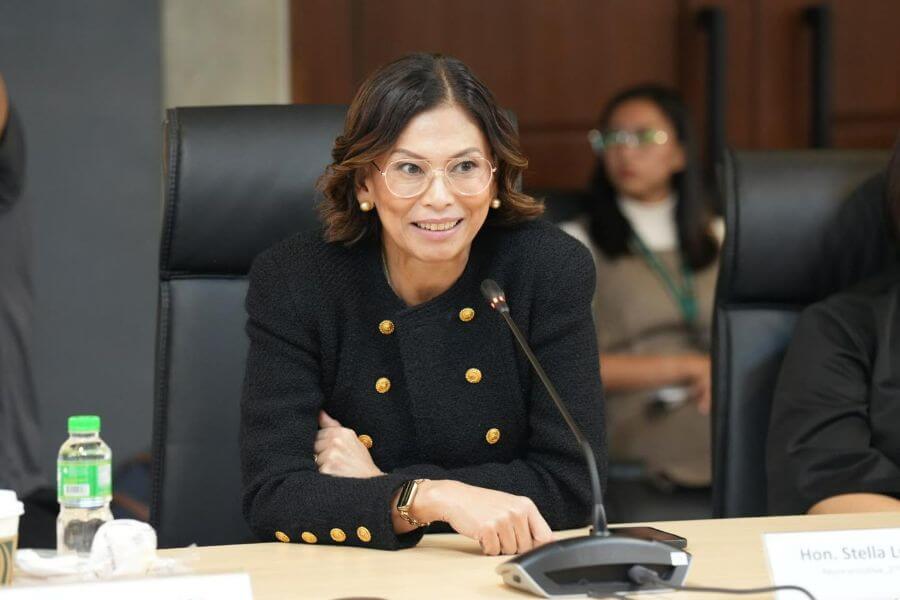
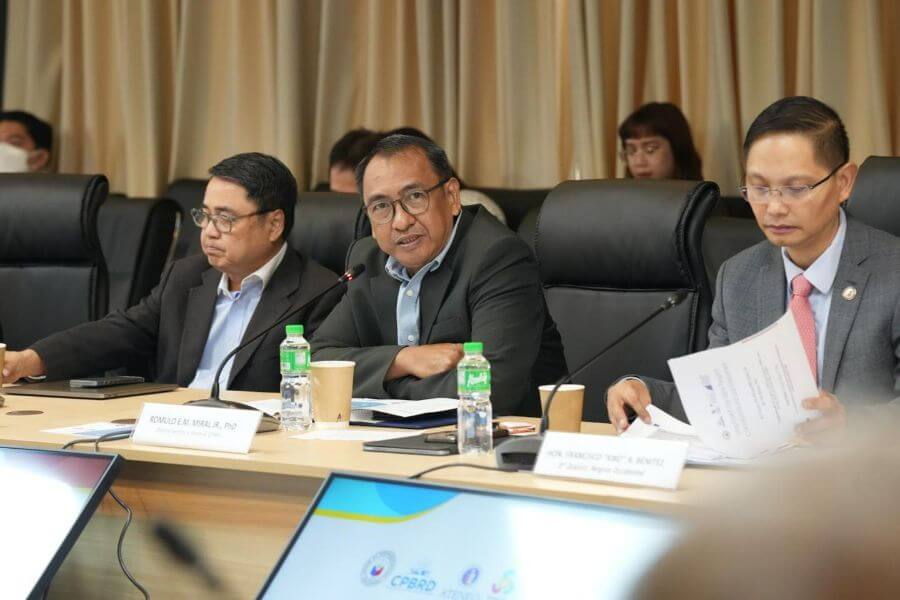

In the fifth roundtable discussions (RTD) of the “Evidence-based Research Project,” members of the House of Representatives (HRep) met with the academic researchers on Wednesday to tackle the possible impact of the Roll-On / Roll-Off (RO-RO) infrastructure on the local economy and employment opportunities.
Negros Occidental Rep. Francisco Benitez saw inter-island connectivity, which RO-RO infrastructure enables, as crucial especially in the Visayas region.
He suggested other simulations and models be looked into, taking into consideration severe weather events, health emergencies, among others, that may be used for evidence-based policymaking.
Congressional Policy and Budget Research Department (CPBRD) Deputy Secretary General (DSG) Dr. Romulo Miral Jr., PhD, pointed out that research has verified the positive outcomes of the RO-RO program, including employment opportunities in various areas.
He added that there are currently 50 RO-RO routes that remain untapped, presenting a potential avenue for additional employment for Filipinos.
Philippine Institute for Development Studies (PIDS) Research Fellow Dr. Kris Francisco said the RO-RO program made the transportation more efficient.
She urged lawmakers to institutionalize government agency collaboration in transportation infrastructure project planning, development, and implementation, particularly within local and national transport subsectors.
Ateneo School of Government Dean Philip Arnold Tuaño and Professor Joselito Sescon also discussed the “Outlook and Policy Options for Philippine Employment towards 2040,” which advocates the enhancement of the national employment plan through congressional measures.
In the second part of the RTD, Congress Fellow Researchers from the University of the Philippines namely, Drs. Charina Amedo-Repollo, Jefferson Arapoc and Asa Jose Sajise presented their research on the “Scorecards for Livable and Sustainable Communities.”
Repollo said the country, despite its unique ecosystems, still faces substantial hurdles in worldwide environmental sustainability rankings.
She identified oil spills, loss of endemic endangered species, and plastic pollution as some of the risks of the country’s ecosystem. According to her, addressing these risks is difficult because of data is inadequate and the agency responsible for this task has yet to be pinpointed.
Marikina City Rep. Stella Luz Quimbo proposed a scoring system that is both straightforward and effectively measures the quality of livable communities.
Congressional Research Fellows include experts from the CPBRD, PIDS, Ateneo de Manila University, University of the Philippines.#

